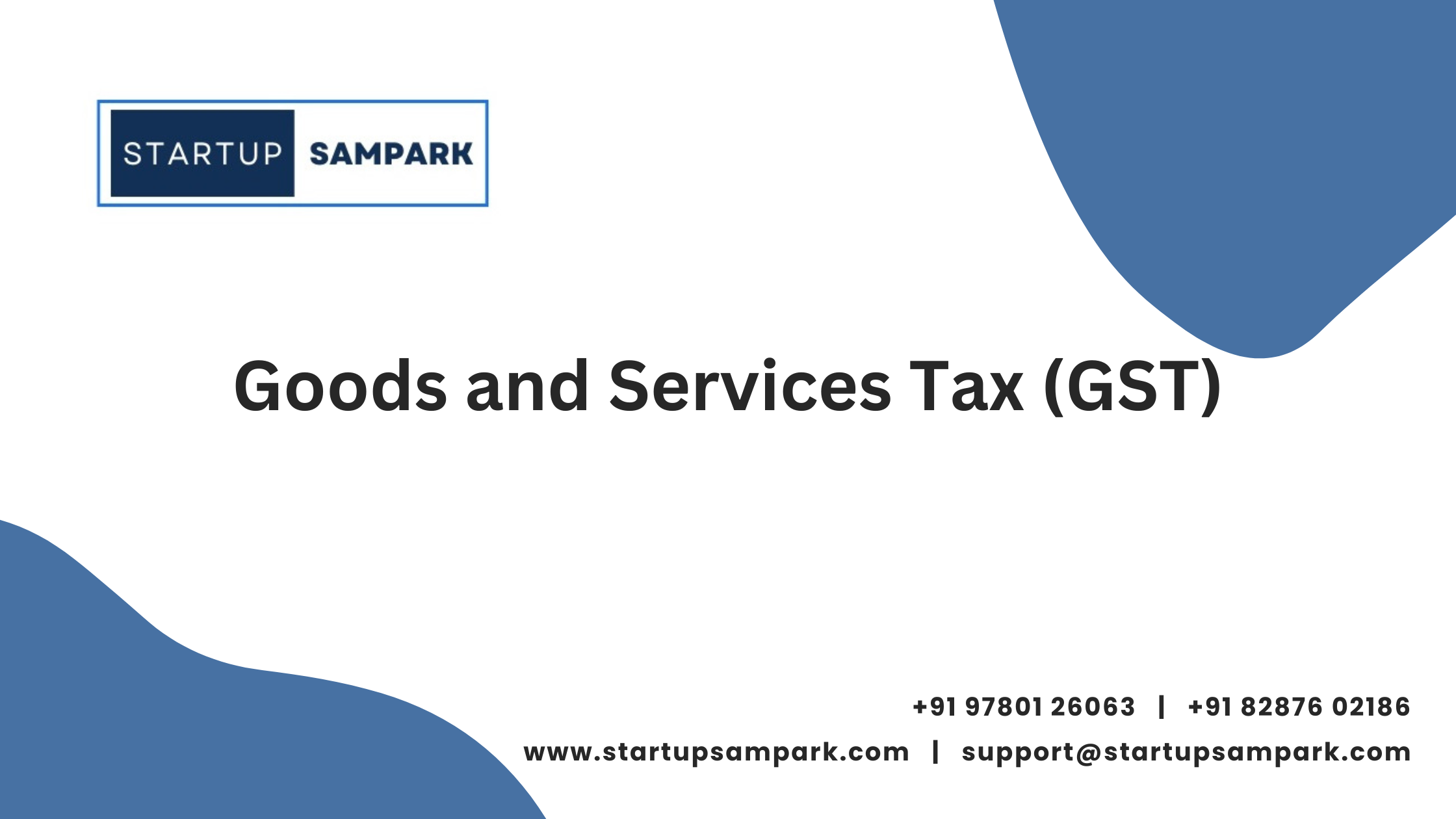Goods and Services Tax (GST)
Goods and Services Tax (GST) is a comprehensive tax system implemented in India to streamline the indirect tax structure by replacing various state and central taxes. For startups, understanding GST is crucial for ensuring compliance and optimizing tax benefits.
- GST Registration: Startups must obtain GST registration if their annual turnover exceeds the prescribed threshold limits. For most states, this threshold is ₹40 lakhs for goods and ₹20 lakhs for services. Registration is mandatory for businesses engaged in interstate supply of goods or services, and it enables startups to collect GST from customers and claim input tax credits. The registration process involves submitting required documents and details online through the GST portal.
- GST Rates and Classification: GST is levied at different rates depending on the nature of goods or services. The rates are categorized into five slabs—0%, 5%, 12%, 18%, and 28%. Startups must classify their products or services correctly to determine the applicable GST rate. Accurate classification ensures compliance and avoids disputes with tax authorities. Businesses dealing in essential goods may benefit from lower rates, while luxury items could attract higher rates.
-
 Startup Registration (DPIIT Recognition)₹8,850.00
Startup Registration (DPIIT Recognition)₹8,850.00
- Input Tax Credit (ITC): One of the significant advantages of GST is the Input Tax Credit system, which allows startups to claim credit for the GST paid on inputs used in the production of goods or services. This credit can be utilized to offset the GST payable on outputs, thereby reducing the overall tax burden. To avail of ITC, businesses must ensure that their suppliers have correctly filed their GST returns and that the invoices are valid.
- GST Returns: GST compliance involves filing periodic returns to report income, tax collected, and ITC claimed. Startups must file GSTR-1 for outward supplies, GSTR-2 for inward supplies (though it has been suspended), and GSTR-3B for summary of outward and inward supplies along with tax payments. Returns must be filed monthly or quarterly depending on the turnover, and late filings can result in penalties and interest charges.
- Record Keeping and Documentation: Proper record-keeping is essential for GST compliance. Startups must maintain detailed records of all sales, purchases, and other transactions, along with GST invoices. Documentation must include GSTIN of suppliers and recipients, HSN codes, and tax rates applied. Accurate records facilitate smooth filing of GST returns, ease the process of claiming ITC, and help in case of audits by tax authorities.
- Audit and Compliance: The GST framework mandates regular audits to ensure compliance. Startups may be subject to GST audits by the tax authorities to verify the accuracy of returns filed and the validity of ITC claimed. During an audit, businesses need to provide all necessary documentation and cooperate with auditors. Regular internal audits and reviews can help identify and rectify any discrepancies early, ensuring compliance and minimizing the risk of penalties.
Navigating GST regulations can be complex, but understanding these aspects can help startups manage their tax obligations effectively and leverage the benefits of the GST system. Engaging with a tax professional or consultant can further assist in ensuring comprehensive compliance and optimizing GST-related processes.
startup, incorporation company, india
-
 Startup Registration (DPIIT Recognition)₹8,850.00
Startup Registration (DPIIT Recognition)₹8,850.00















Post Comment